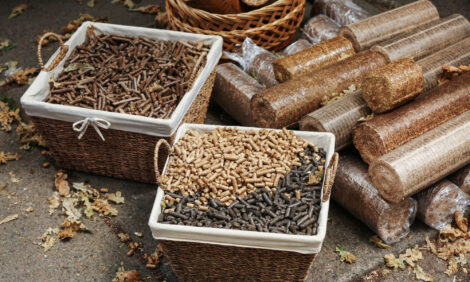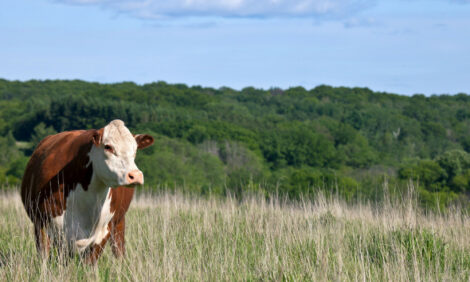



Help for Livestock Farmers Hit by Drought
SASKATCHEWAN, CANADA - Agriculture Minister Gerry Ritz today announced livestock producers in Saskatchewan in drought affected areas will be eligible for tax deferrals on breeding livestock sold due to drought in 2009.
"Our Government understands the strain that many livestock producers are facing due to a cool, dry spring in some parts of Saskatchewan," said Minister Ritz. "We will continue to put farmers first to make sure they have the programs and assistance needed to overcome these challenges and continue to drive the Canadian economy."
The deferral allows eligible producers in designated areas to defer income tax on the sale of breeding livestock for one year to help replenish breeding stock in the following year. In the case of consecutive years of designation, producers may defer sales income to the first year in which the area is no longer designated.
Producers who reduced their breeding herds by at least 15 per cent are eligible. Thirty per cent of income from net sales can be deferred if the herd has been reduced by at least 15 per cent, but less than 30 per cent. Where the herd has been reduced by 30 per cent or more, 90 per cent of income from net sales can be deferred.
"This tax deferral will assist Saskatchewan producers forced to sell breeding stock due to drought," said Saskatchewan Agriculture Minister Bob Bjornerud. "We will continue to monitor the drought situation and work with industry and the federal government to address the challenges facing producers."
Eligible producers will be able to request this deferral when filing their 2009 income tax returns. Livestock producers are advised to contact their local Canada Revenue Agency Tax Services Office for details on the income tax provisions.
While forage yield information is not available until later in the year, designations can be made earlier in the year based primarily on spring moisture conditions and estimates of forage yield. Early designation of eligible areas will allow producers to make informed decisions about fall and winter livestock management decisions.
West central Saskatchewan started off the growing season with insufficient moisture due to limited fall and winter precipitation and extremely low runoff. Exceptionally low water supplies, feed shortages and well below normal forage production have resulted in significant impacts on producers. In early July, southwest Saskatchewan's moisture conditions deteriorated resulting in very poor pasture and hay growth.
As the growing season continues, further areas can be designated for the tax deferral should they meet the established criteria.
TheCattleSite News Desk


